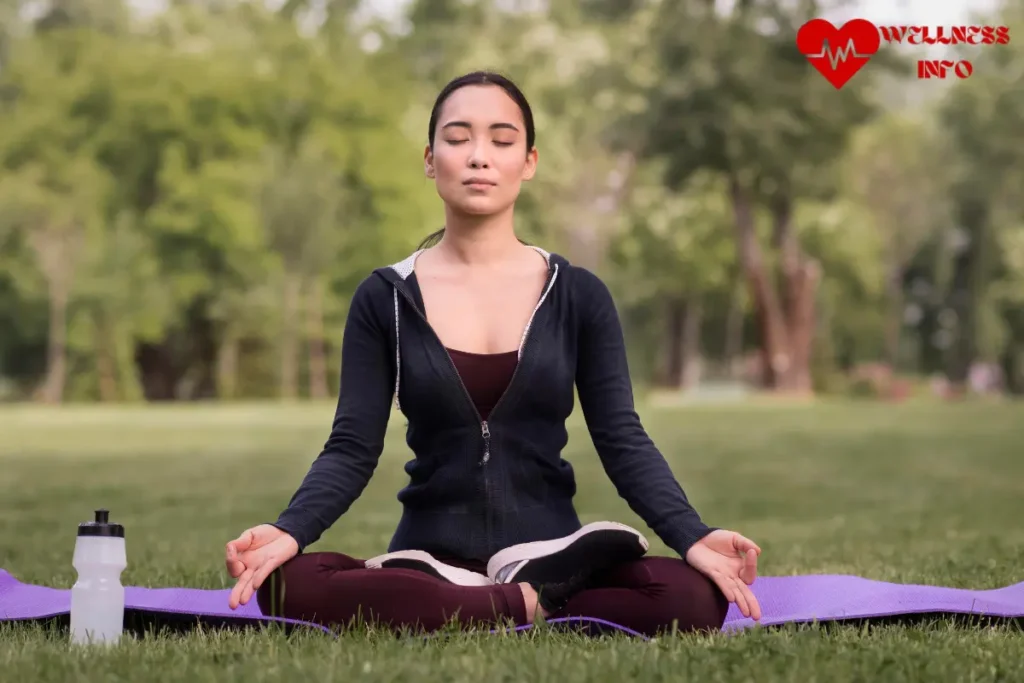In today’s fast-paced world Importance of Meditation, it’s all too common to feel stressed, overwhelmed and unfocused. Between work, family, and constant notifications on our phones, our mind very rarely gets a break. Which is where meditation comes in. More and more people are recognizing the incredible power of meditation in restoring health, clarity, and peace to their minds and their lives.
What Is Meditation?
It’s really just a simple exercise in which you’re bringing attention to your breath and calming your thoughts. It can mean deep breathing techniques, mindfulness or even repeating a word or phrase, often referred to as a mantra. You don’t need fancy equipment or a lot of time —all you need is a quiet space and a few minutes a day.
What the Science Says About the Effectiveness of Meditation for Mental Health
Importance of Meditation One of the most popularized rewards of meditation is its proclivity for reducing stress and anxiety. During meditation you relax your body. Your breathing slows, your heart rate drops, and both your mind and your thoughts calm down. Practicing meditation can make you feel less worried, and in a better mood, and may even help you sleep better.
Physical Health Benefits
Importance of Meditation isn’t just great for your mind — it may also improve your body. Research suggests that meditation might lower blood pressure, help mitigate depression and anxiety and even reduce the perception of pain. When your mind becomes more quiet, your body feels better, too.
Focus and productivity are boosted through meditation.
Is it difficult for you to concentrate at your job or in school? Meditation teaches your brain to remain in the present. Over time, this helps you concentrate, make fewer mistakes and get through tasks more quickly. Meditation increases human performance in everyone, from athletes, to doctors, scientists, and businesspeople.

How Meditation Benefits Your Emotions
Meditation is an opportunity for you to know your emotions better. When you stop and feel what’s happening, you notice your reactions more. This can make you more patient, kind and less likely to become angered or frustrated. It’s a wonderful practice for deepening relationships and creating inner peace.
A Beginner’s Guide To Meditation
Starting meditation is easy. Try these simple steps:-
- Find a quiet space. Sit or lie down comfortably.
- Close your eyes and breathe slowly and deeply.
- Concentrate on your breath or say a soothing word.
- Begin with 5 minutes a day. Build up as you feel more comfortable.
There are also myriad free apps and YouTube videos that can walk you through the process.
Frequently Asked Questions
Q: How much should I meditate each day?
A: Begin with 5-10 minutes a day. Even short sessions can help. As you form the habit, you can also increase the time.
Q: Does meditating require me to be religious?
A: No. Although certain forms of meditation are associated with certain cultures — religious or spiritual — anyone can practice meditation for their health and wellness.
Q: What is the best time of day for meditation?
A: Whenever you want — morning, lunch, evening. The key is to be consistent.
Q: Can children meditate too?
A: Yes! Children can reduce their overall stress, concentratemore effectively and improve their emotional health through meditation.
Meditation, a simple yet powerful practice, that can easily become the most valuable tool that you have in your emotional and spiritual toolkit. If you want to feel less stressed, more focused, or even just more balanced, meditation is key. Start today — you might be amazed by how much it assists you.





